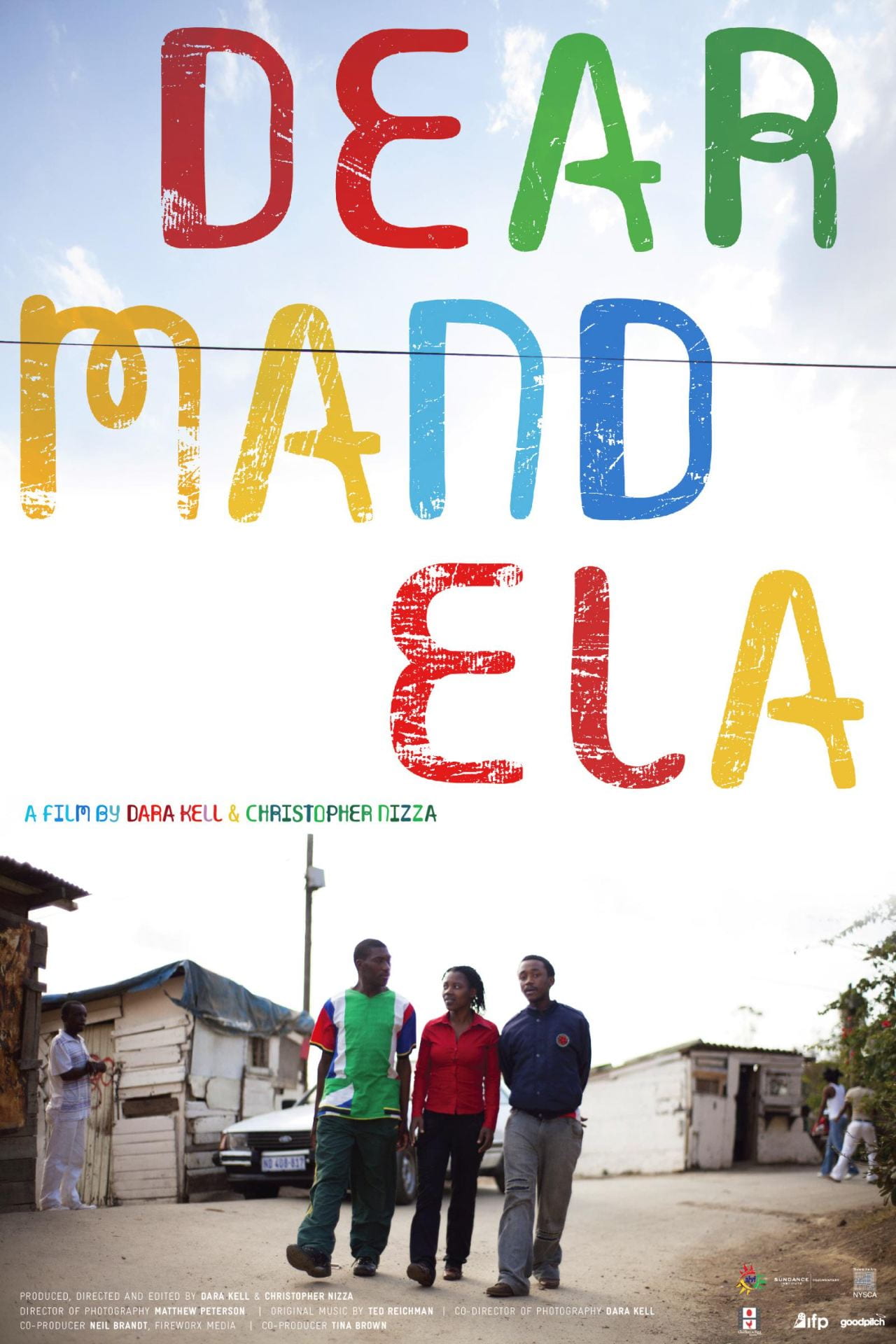Dear Mandela
Dara Kell, Christopher Nizza (2012, South Africa, 90 min.)
The repeal of apartheid in South Africa in 1991 was truly a moment of global pride for the triumph of justice. Decades of activism both within South Africa and internationally had led to the end of a formal system of racial segregation and soon thereafter the election of Nelson Mandela, the first black president in South Africa’s history.
For many of us, the story ended there. But what came next has not been all “happily ever after.”
As seen in Dara Kell and Christopher Nizza’s Dear Mandela, following apartheid South Africa still has had decades of racial inequity to address and entrenched systems of disenfranchisement that didn’t simply disappear overnight. Chief among them was providing decent housing for all its residents. And over time, Mandela’s African National Congress (ANC) party came to be seen as much an obstacle to progress in this realm as a beacon of hope. Particularly for residents of South Africa’s landless squatters who lack land tenure, a precarious future seems eternal until youth from a citizen’s group–including Mazwi, Mnikelo, and Zama–endure violence, threats, and political inertia to challenge government policy all the way to the Constitutional Court.
While sobering in its honest depictions of the challenging lives activists lead, the film also is a hopeful reminder of the power of citizens working together to make change possible.
(Screened as part of the Penn State Colloquium on the Environment that took place at Penn State October 8-12 featuring Dr. Mamphela Ramphele. Film was introduced by Penn State Prof. Gabeba Baderoon)
Stirring docu Dear Mandela traces . . . events in an “informal settlement” near Durban, South Africa, where forcible evictions spawned a grassroots movement called Abahlali baseMjondolo (“people of the shacks,” in Zulu). . . This evocatively shot, lucidly edited film deserves wider distribution.

